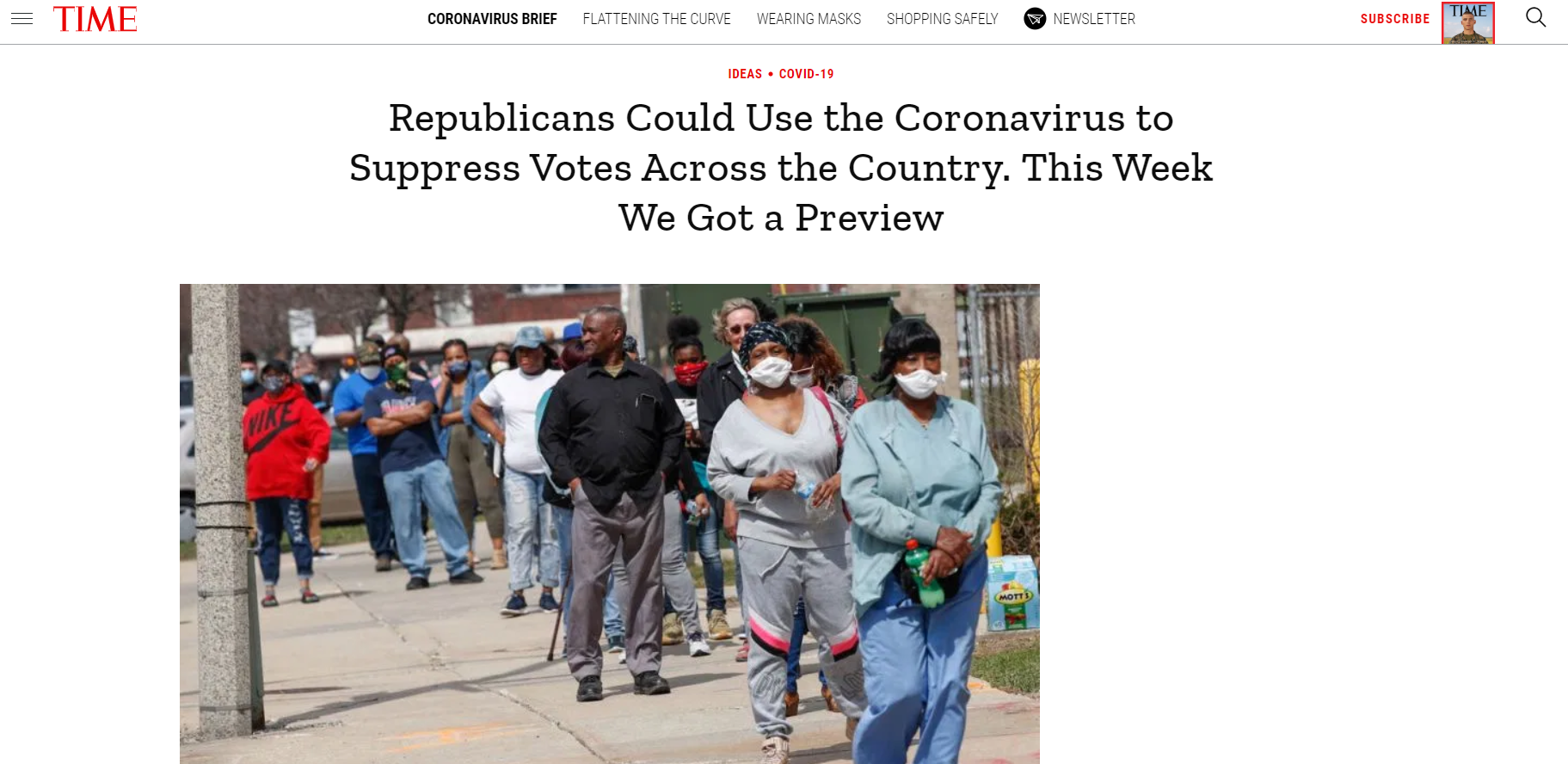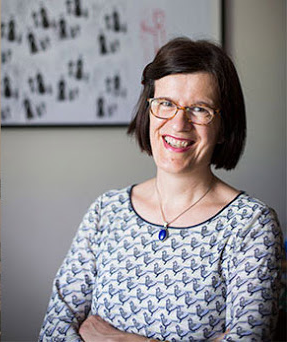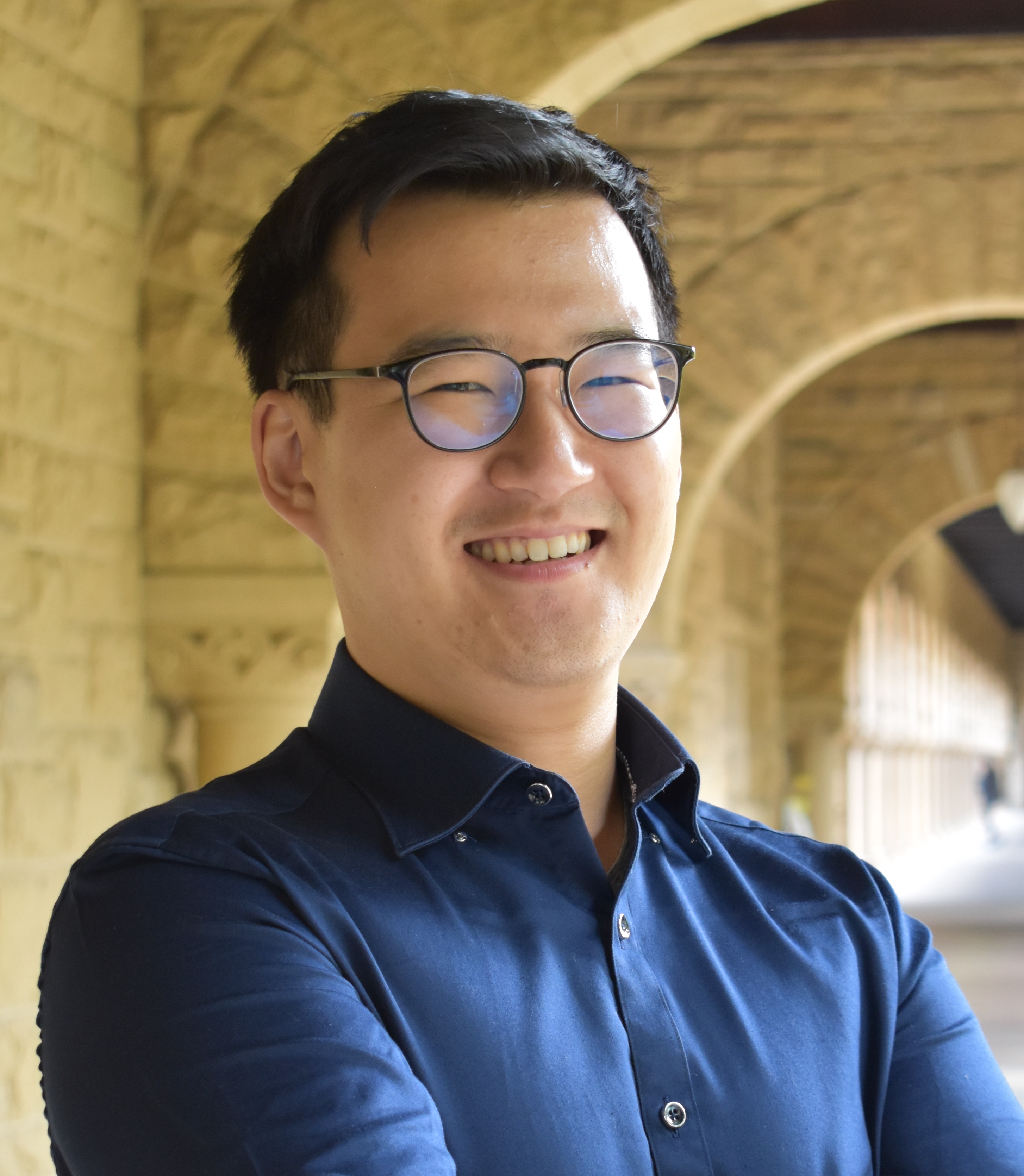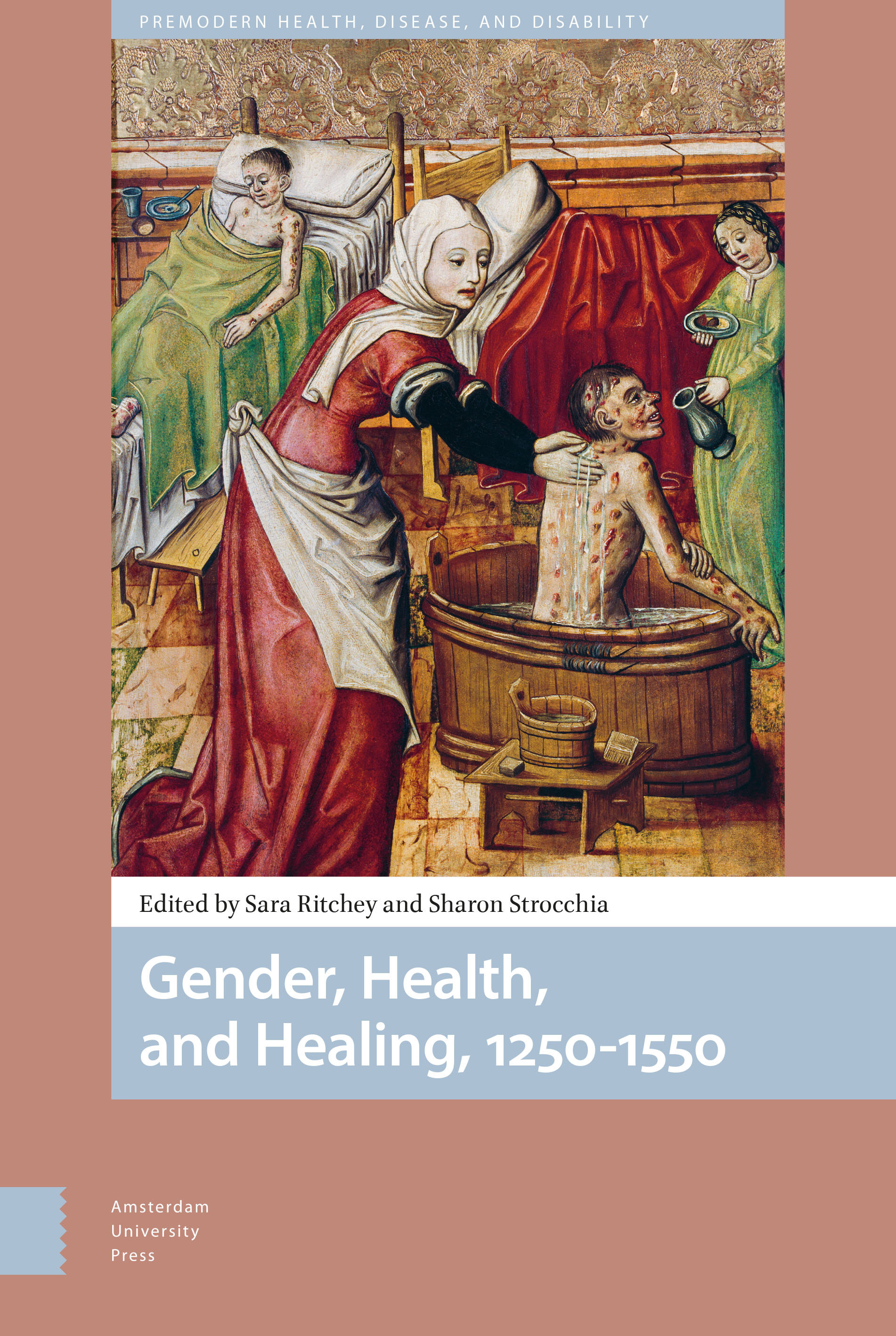Dr. Sharon T. Strocchia, Professor of History, is teaching a first-year seminar titled “Epidemics in History” this spring. The COVID-19 pandemic has made the course far more timely than she or the students anticipated. The Emory News Center featured “Epidemics in History” among Emory courses where professors and students are using the pandemic as a learning opportunity. Read about all of those courses in their article, “COVID-19 in Class.” Strocchia also offered comments on her original idea for the class and how she modified it in order to investigate this historical moment in real time. Read her comments below.
My freshman seminar this semester, “Epidemics in History,” was not designed to coincide with a global pandemic. I did plan to end the course with a study of the 1918 influenza epidemic after examining the Black Death and nineteenth-century cholera outbreaks. Our goal was to explore the historical and biological effects of urbanization, environmental change, and the human connectivity resulting from faster modes of transportation. But I also wanted to raise issues of preparedness with my students, many of who planned careers in medicine and science. It seemed oddly serendipitous that the Wuhan outbreak of coronavirus hit the headlines just as spring semester started. At our first class meeting in January, we decided that tracking its progression would make a good class project. Relying on trusted news outlets, we learned the value of social distancing, good hand hygiene, and flattening the curve. Week by week, the news grew more startling but still seemed far from home. By the time spring break arrived, though, COVID-19 already had an official name and the world was on the verge of pandemic. We’ve since modified our syllabus to make direct comparisons between the experiences of 1918 and our own day, looking at public health policies, frontline healers, issues of fear and resilience. It’s been a rewarding but sobering experience—one that shows there’s much to be learned about health and society from studying the past.
– Sharon Strocchia




